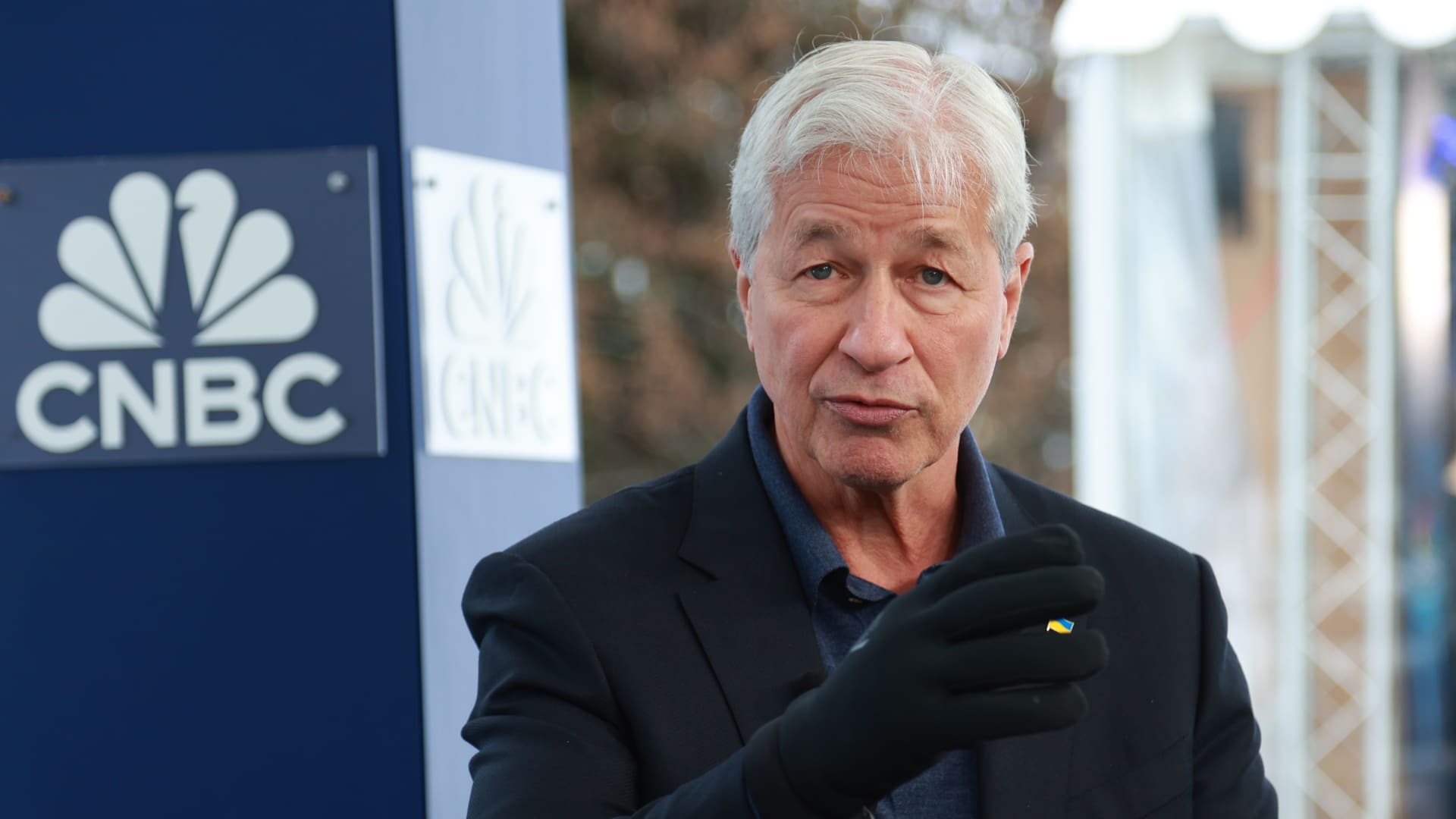Stocks rally on Election Day, with the Dow jumping more than 500 points

Stocks jumped on Tuesday as investors hoped a clear winner would emerge from the U.S. presidential election and a delayed, or contested, result would be avoided.
The Dow Jones Industrial Average closed 554.98 points higher, or up 2.1%, at 27,480.03. The 30-stock average hit its high of the day in the session’s final minutes and briefly traded more than 700 points higher, before pulling back slightly at the close.
The S&P 500 climbed 1.8% to 3,369.16 and the Nasdaq Composite advanced 1.9% to 11,160.57. It was the second-best presidential Election Day performance for the S&P 500.
Walgreens Boots Alliance gained more than 4% to lead the blue-chip Dow higher. Industrial and financials were the best-performing sectors in the S&P 500, gaining more than 2% each.
JPMorgan Chase and Goldman Sachs also contributed to Dow’s gains, rising 3.4% and 4.1%, respectively.
“Ultimately, the markets want clarity, and the main threat to risk assets this week is the emergence of a contested election, so if races are tight enough for campaigns to sue to halt or extend recounts, expect a reversal” the rally, Tom Essaye, founder of The Sevens Report, wrote in a note.
Heading into Tuesday’s vote, former Vice President Joe Biden held a lead in national polling over President Donald Trump. Biden earned 52% of support from registered voters compared to 42% for the president, according to an NBC News/Wall Street Journal poll from Sunday. In swing states, where the election will be decided, polling averages are tighter than the national polls.
About 60 million voters sent their ballots in the mail due to the coronavirus pandemic, according to the U.S. Elections Project. This influx of mail-in voting has raised concern over the potential for a delayed election result.
“A declared winner would certainly be better for these markets, agnostic of who it is,” said Art Hogan, chief market strategist at National Securities. “If we wake up tomorrow and we don’t have a clear winner, that shouldn’t surprise the market. But if we’re talking about this in the middle of next week and about court cases and recounts, that’s going to be the worst-case scenario.”
Investors are also eyeing the key Senate elections which will determine if the so-called blue wave will take over Congress. Major policy shifts, including further fiscal stimulus, depend on which party has majority control.
CNBC’s Jim Cramer, however, advised investors to stay on their toes as the market will likely remain volatile after Election Day.
“I think that no matter who wins, you have a quick dip and you have to buy,” Cramer said.
Wall Street was coming off a solid session in which the major averages clawed back some of their sharp losses from the previous week. The Dow gained more than 400 points on Monday, while the S&P 500 and the Nasdaq rose 1.2% and 0.4%, respectively.
Last week, all three major averages suffered their worst weekly losses since March 20, which led to sharp declines for October. The Dow, S&P 500 and Nasdaq also posted their first back-to-back monthly declines since March.
“As the election finally nears, investors who were selling on the rumor may now be buying on the news, and finally, after almost a 10% decline in the last month, buying on the dip is back,” Jim Paulsen, chief investment strategist at the Leuthold Group, told CNBC.
In addition to the presidential election, the U.S. is also facing a surge in Covid-19 cases. The seven-day average of daily new coronavirus cases hit 83,805 as of Sunday, nearly 20% higher than a week ago, according to a CNBC analysis of Johns Hopkins data.
In Europe, the U.K. became the latest country to add new Covid-19 mitigation measures, joining France, Germany, Greece, Belgium and Austria.
— CNBC’s Yun Li contributed reporting.
Subscribe to CNBC PRO for exclusive insights and analysis, and live business day programming from around the world.




